Category Archives: Tests and Assessments
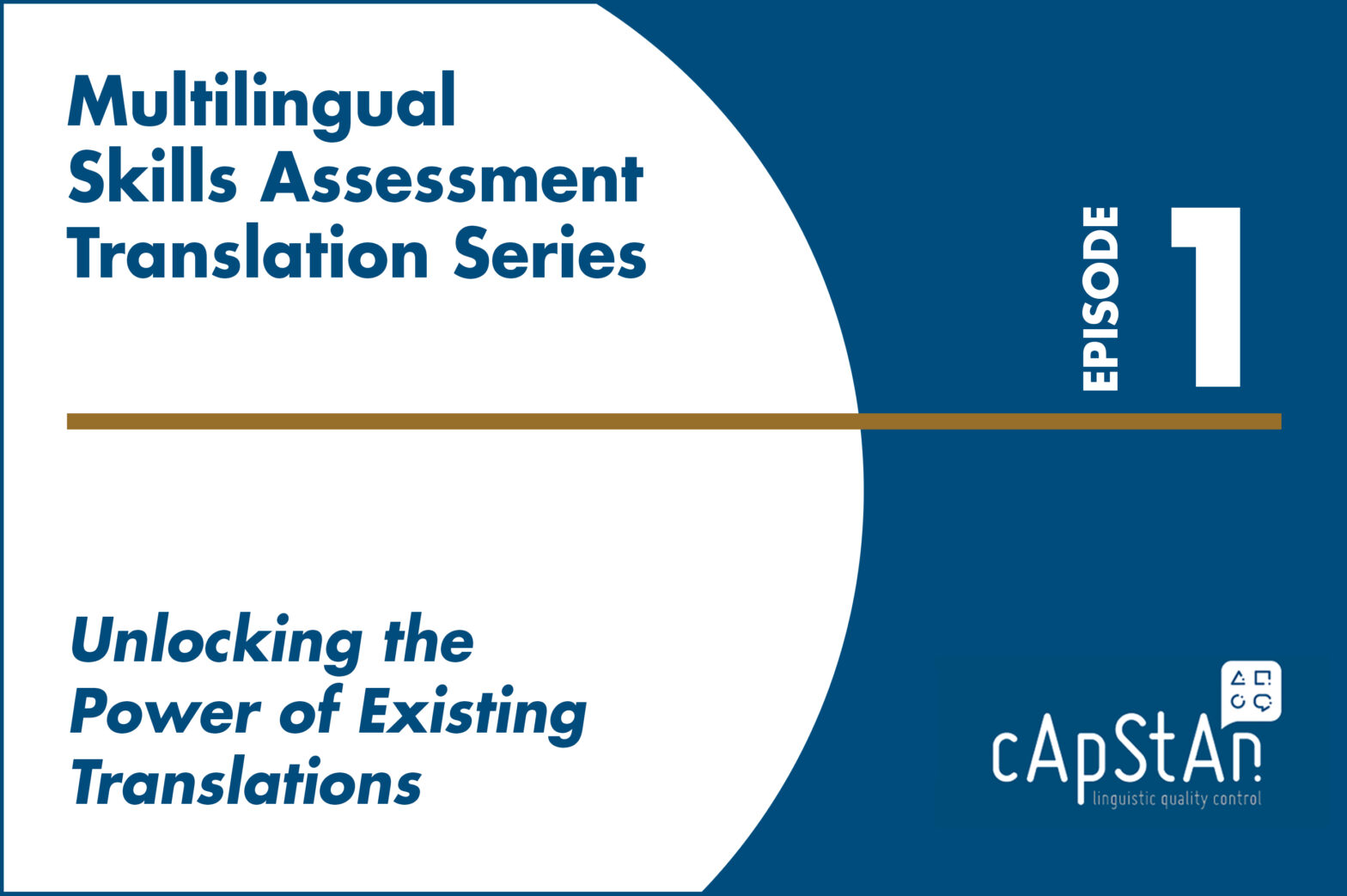
Multilingual skills assessment translation series, Episode 1: Unlocking the power of existing translations from a previous test cycle
This is the first episode of an informative series on good practice in skills assessments translation. It is based on cApStAn’s extensive experience in the multilingual assessments on which we have worked with reputable testing organisations. The purpose of the series is to illustrate the complexity of test translation and the added value of a …
Read More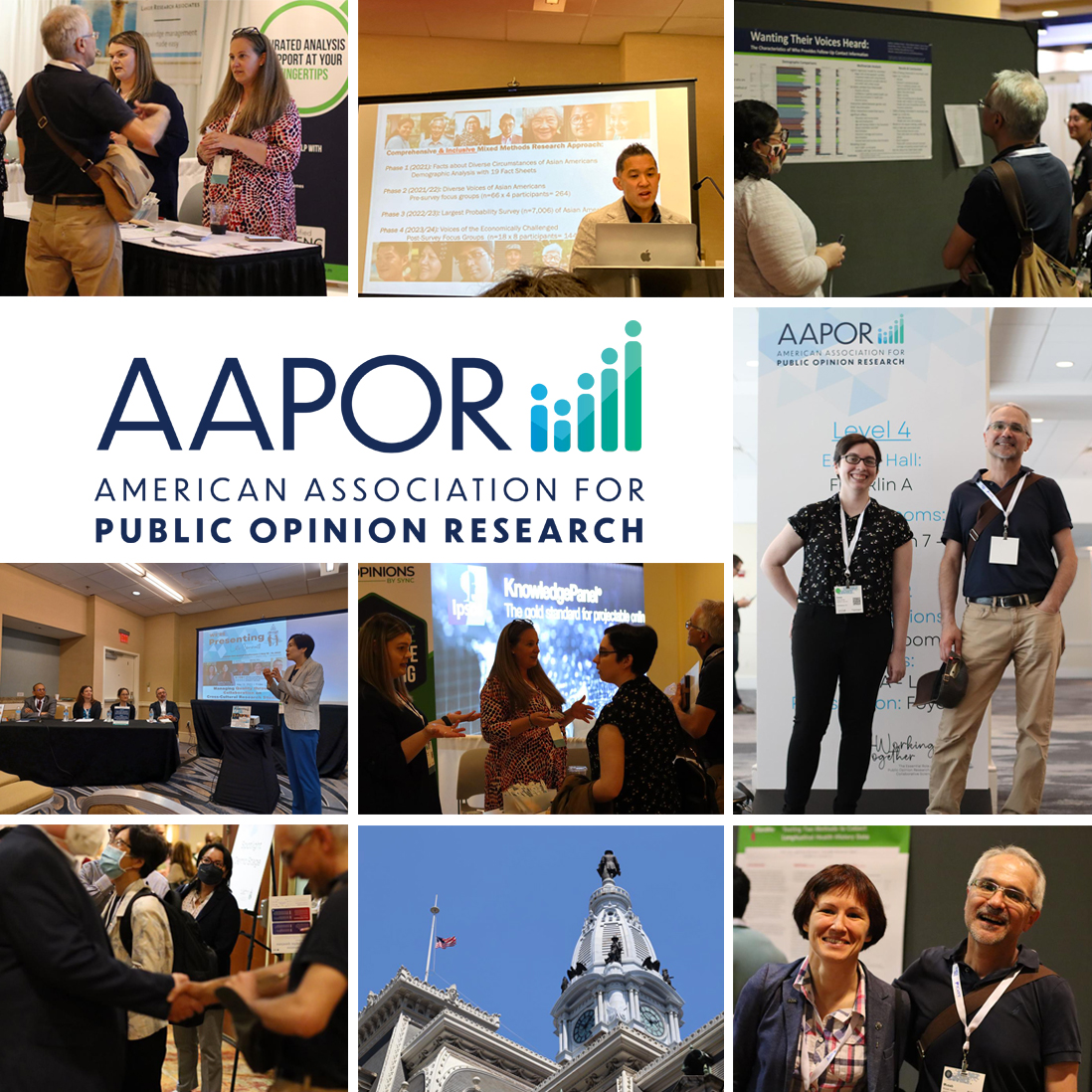
cApStAn LQC team attends 78th AAPOR conference in Philadelphia
cApStAn team members Grace DeLee and Musab Hayatli joined survey and public opinion researchers in attending the 78th conference of AAPOR, the leading association of public opinion and survey research professionals, which took place in Philadelphia, from May 10th to May 12th. The conference provided a unique opportunity for Grace and Musab to exchange ideas …
“cApStAn LQC team attends 78th AAPOR conference in Philadelphia”
Read More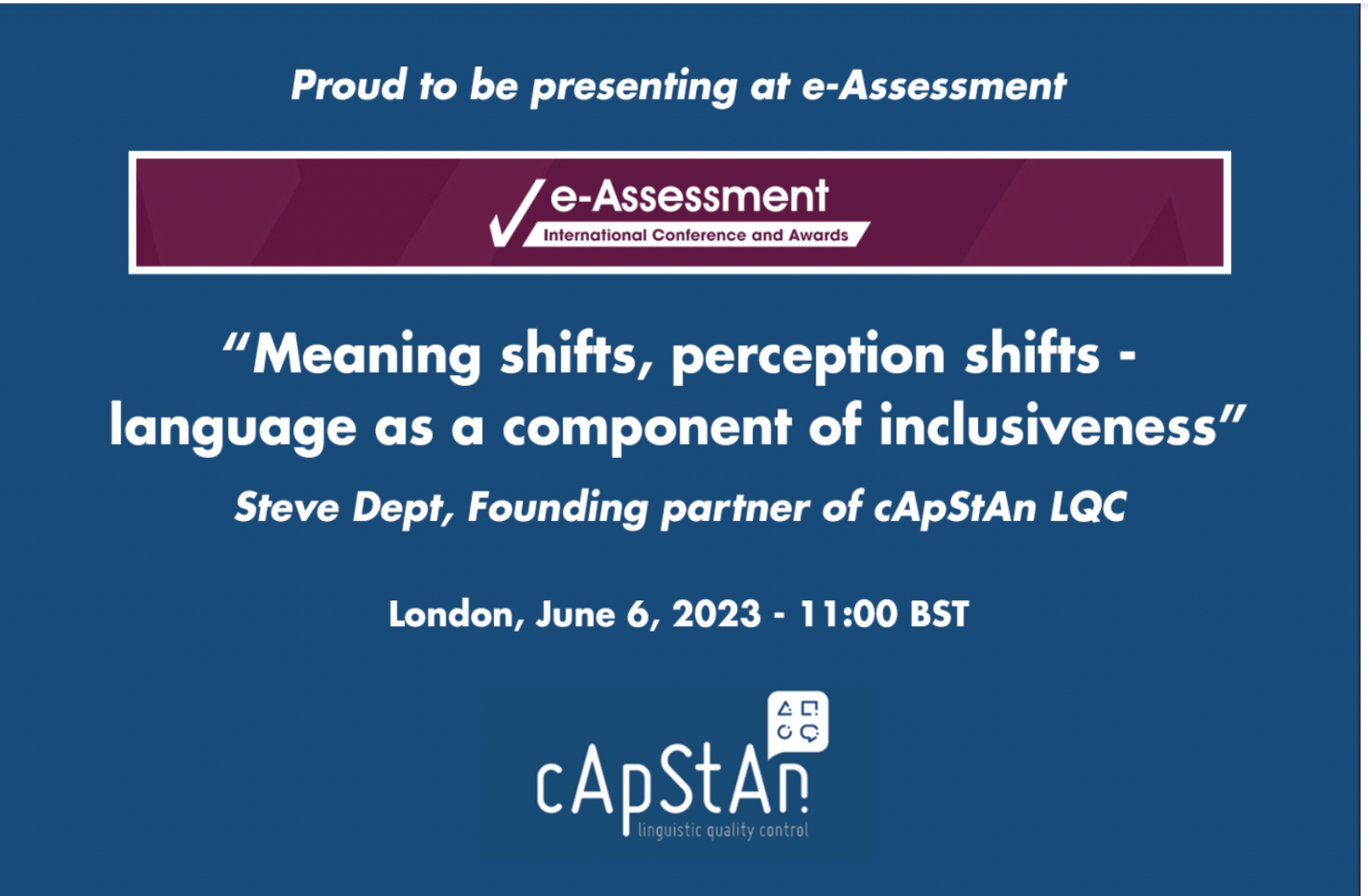
cApStAn Founding Partner Steve Dept presenting at e-Assessment 2023 on how to mitigate bias in multilingual and monolingual assessments
cApStAn co-founder Steve Dept is delighted to have been invited to be a speaker at the International e-Assessment and Awards conference taking place in London June 6-7, 2023. His talk, titled “Meaning shifts, perception shifts – language as a component of inclusiveness”, is scheduled for Day 1 at 11:00 BST. In multilingual or in monolingual …
Read More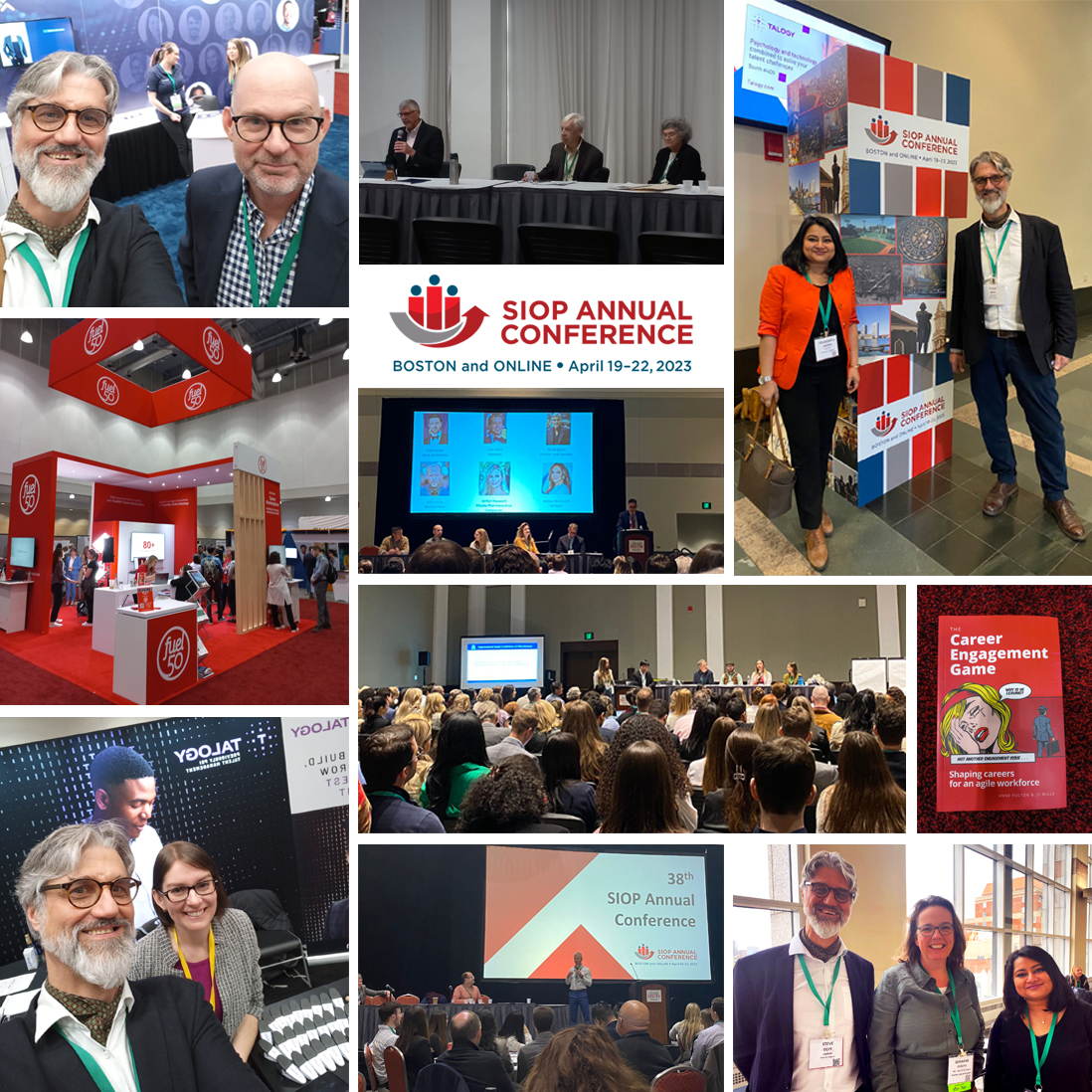
cApStAn team just back from the Society for Industrial and Organizational Psychology (SIOP) conference 2023 in Boston
Steve Dept, Founding Partner, and Devasmita Ghosh, Business Development Lead at cApStAn Linguistic Quality Control, are just back from Boston, USA, where they attended the Society for Industrial and Organizational Psychology (SIOP) conference 2023. This was an intense event packed with thought-provoking content. We see a shift from elation about the promises of AI and Large Language Models towards …
Read More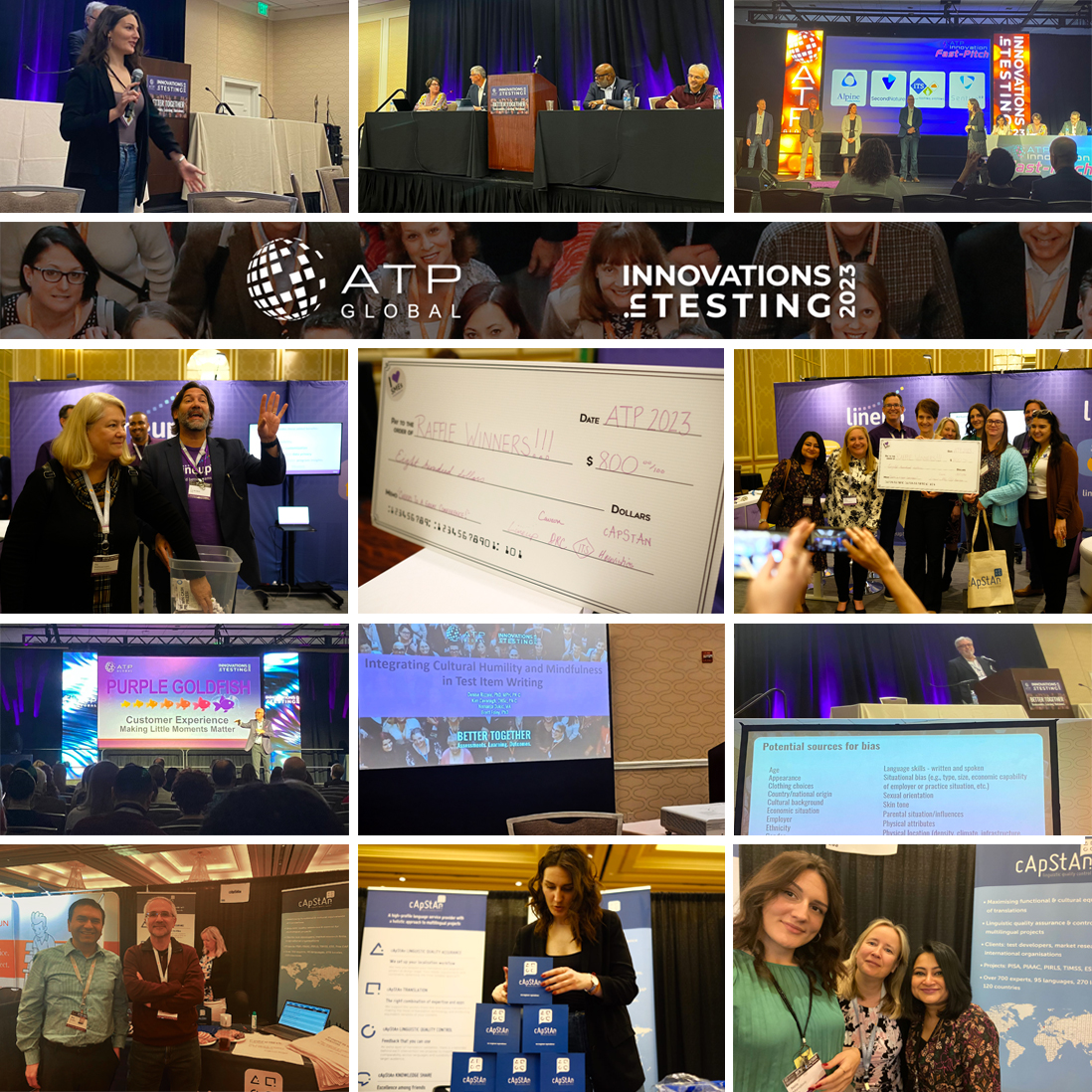
ATP “Innovations in Testing” 2023 Conference in Dallas, USA, March 12-15, 2023
cApStAn was a proud sponsor of the Annual ATP “Innovations in Testing” conference which took place March 12 to 15 in Dallas, USA. cApStAn was represented by the business development team, Devasmita Ghosh and Nela Manojlovic, as well as Musab Hayatli and Laura Wäyrynen from cApStAn’s US office. The conference provided a great opportunity, as …
“ATP “Innovations in Testing” 2023 Conference in Dallas, USA, March 12-15, 2023“
Read More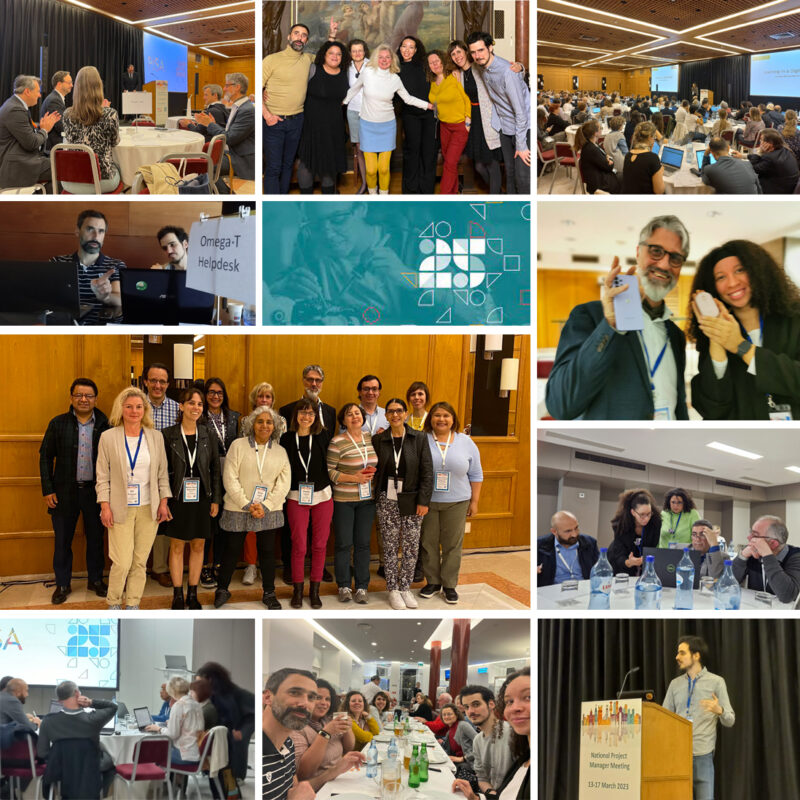
OECD PISA 2025 National Project Managers’ meeting in Lisbon, 12-17 March 2023
cApStAn is the international contractor in charge of linguistic quality assurance in PISA 2025. This includes training participating countries/economies to follow a standardised translation and adaptation approach and using mature translation technology: cApStAn’s presence was prominent in Lisbon for the first PISA 2025 National Project Managers’ meeting from March 12 to 17, 2023. PISA 2025 …
“OECD PISA 2025 National Project Managers’ meeting in Lisbon, 12-17 March 2023“
Read More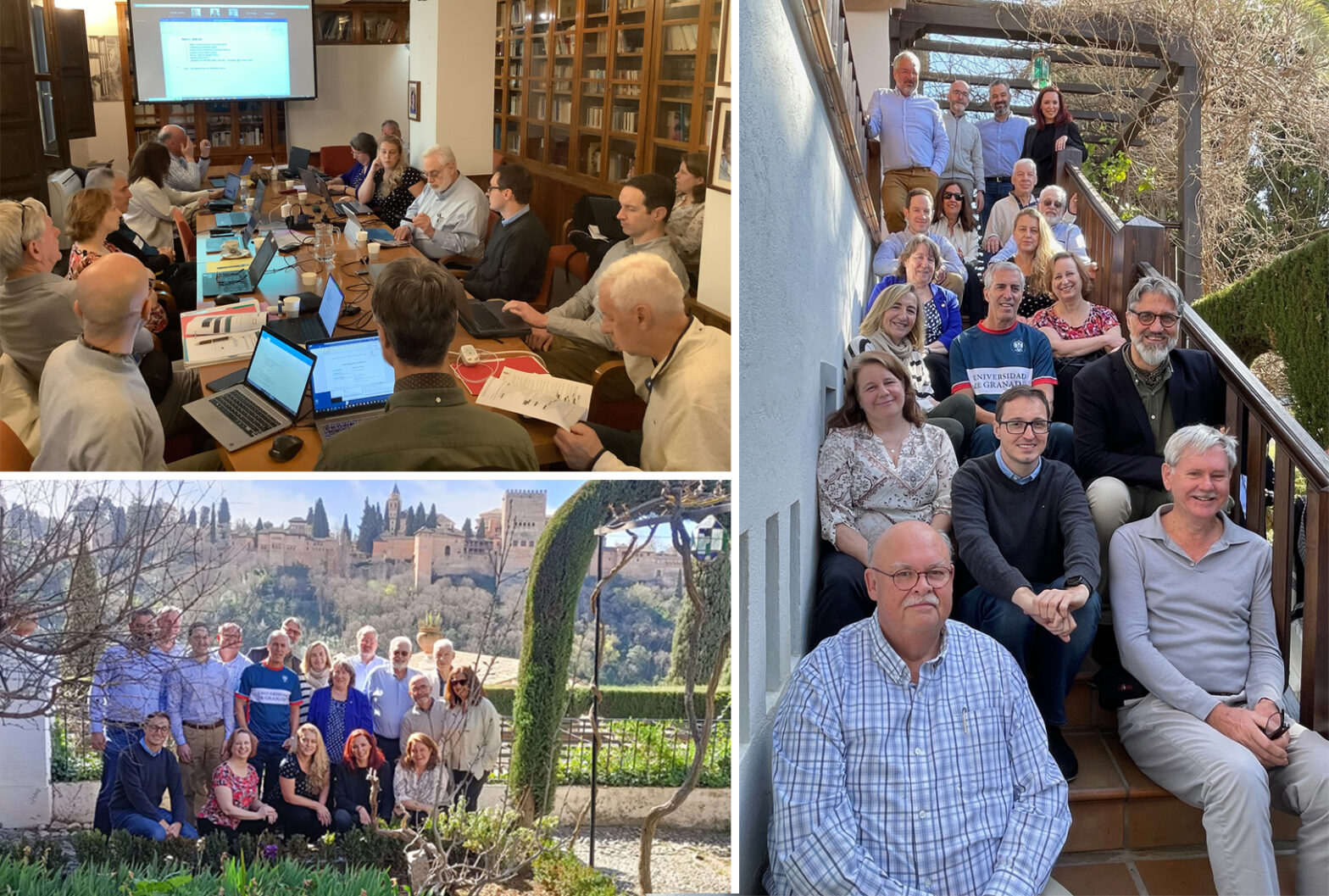
Steve Dept, cApStAn’s Founding Partner, at the ITC Council meeting, Granada, March 16-17, 2023
The ITC (International Test Commission) is committed to advancing and promoting good practice in assessment and measurement (in a testing context). The Association describes itself as an “Association of national psychological associations, test commissions, publishers and other organizations committed to promoting effective testing and assessment policies and to the proper development, evaluation and uses of …
“Steve Dept, cApStAn’s Founding Partner, at the ITC Council meeting, Granada, March 16-17, 2023”
Read More
Are personality tests “bad” for DEI? An interesting article for Forbes by Csaba Toth, Founder of ICQ Global
In an opinion piece for Forbes Csaba Toth, Founder of ICQ Global, comments on the recent “buzz” on LinkedIn about personality tests being pointless, biased and bad for diversity, equity and inclusion. Toth says that personality tests should not be used for performance evaluation or recruitment as they measure preferences and not skills. So the …
Read More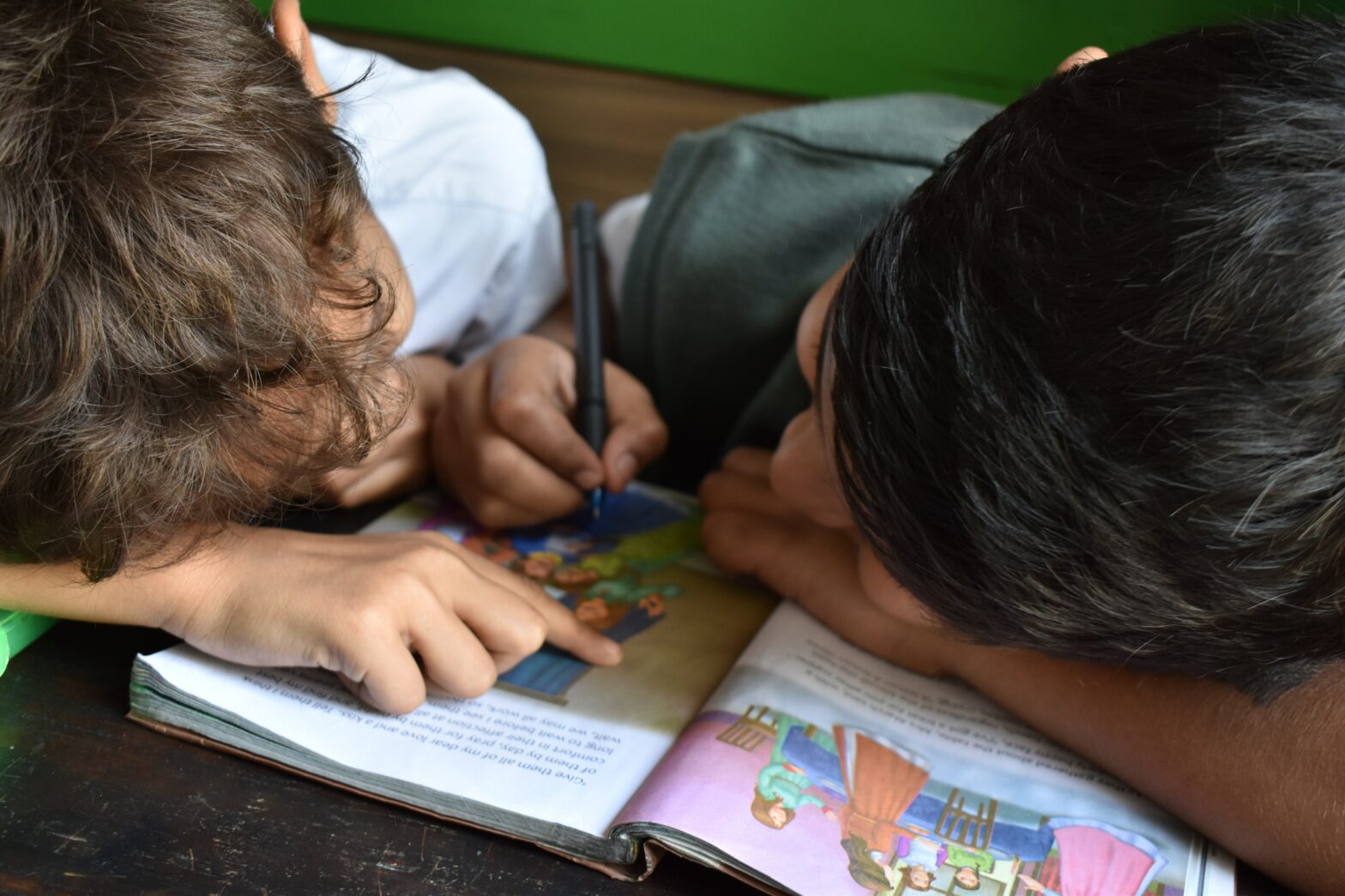
Are some languages more difficult to read and write than others? This matters a lot in comparative education assessments
Antonella Sorace, Professor of Developmental Linguistics at the University of Edinburgh, says that while understanding and speaking a language come naturally, learning to read and write is not something that brains develop automatically. Prof. Sorace raises a question that matters a lot in the context of comparative education surveys and assessments: “Are some languages more difficult than others”? (i) …
Read More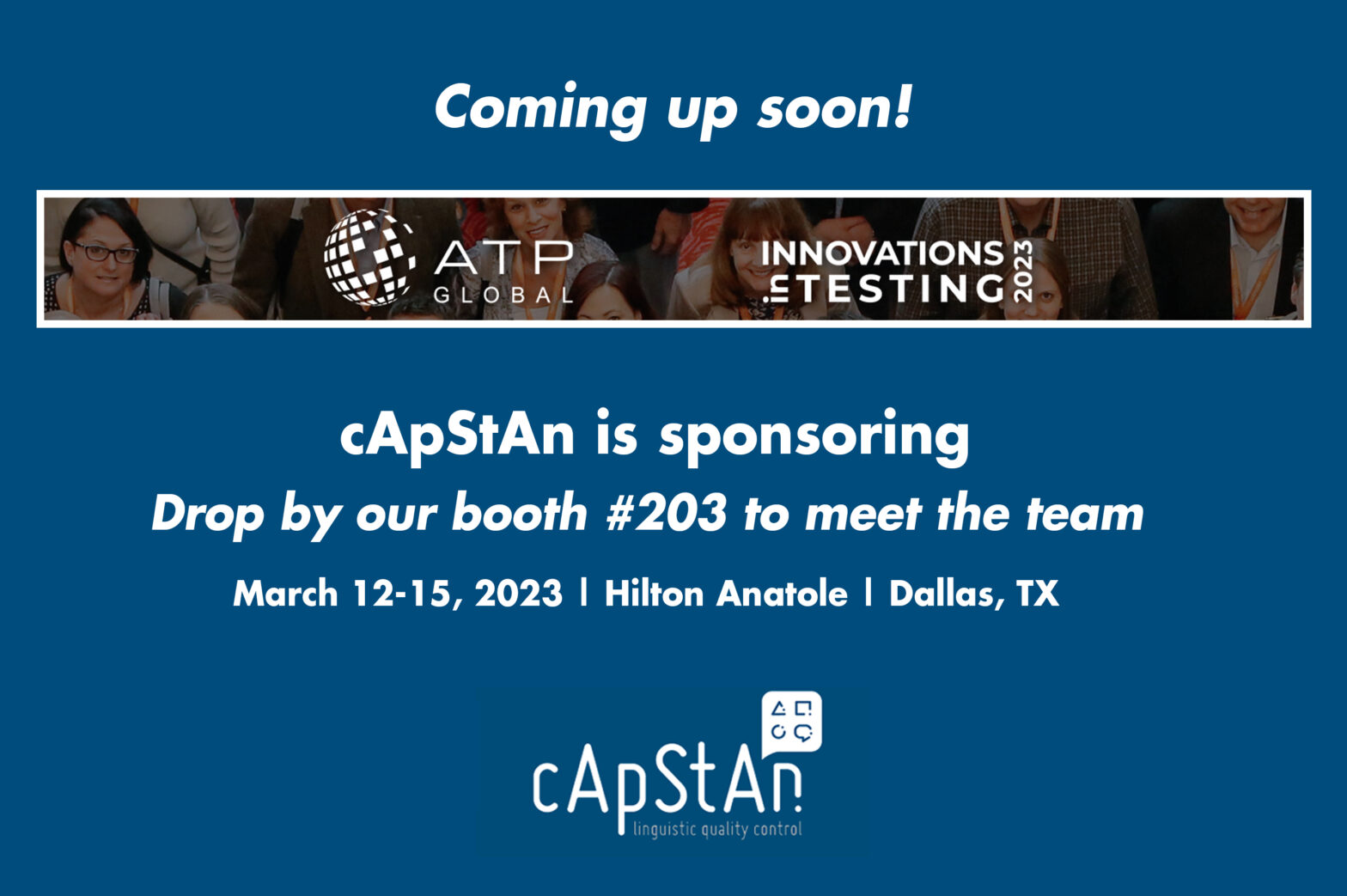
ATP Innovations in Testing 2023 Conference is almost here and we are excited to meet you in Dallas soon!
Testing in diverse contexts requires adapting items into multiple languages with a focus on cross-cultural equivalence. Testing organizations are increasingly motivated to bring their solutions to new audiences, new regions and new cultures. If this is of interest to you and you are attending this conference, please visit us at exhibit booth #203 for a chat with our …
Read More
Open AI’s ChatGPT may result in educators having to rethink tests and assessments
Everyone is confronted with the breakthrough of (and the hype around) ChatGPT, a new AI tool trained by OpenAI launched at the end of last year. ChatGPT works like a written dialogue between the AI system and the person asking it questions. Open AI says the dialogue format “makes it possible for ChatGPT to answer questions, admit its …
“Open AI’s ChatGPT may result in educators having to rethink tests and assessments “
Read More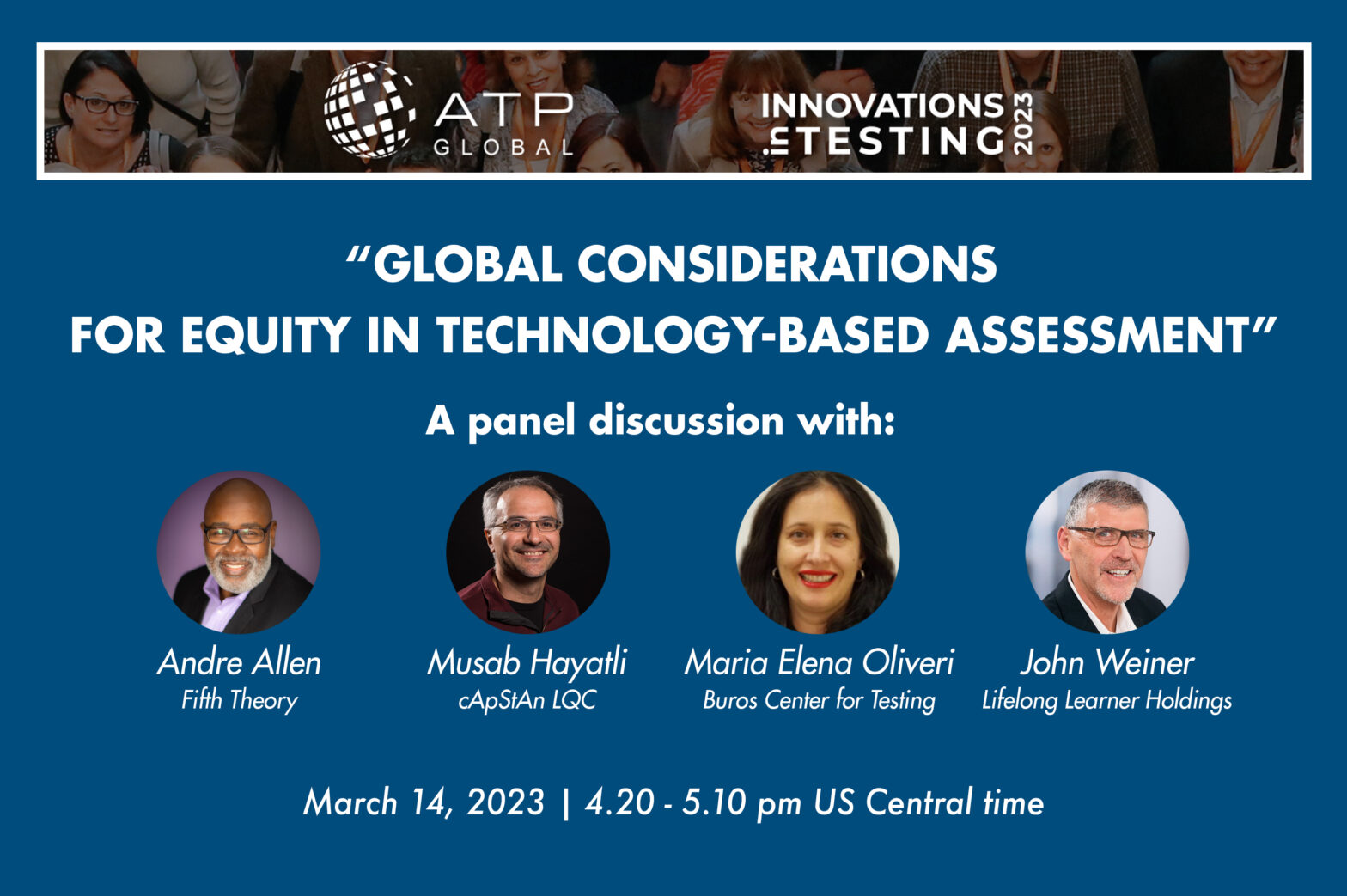
A panel of experts at ATP 2023 will discuss key issues related to equity and fairness in tech-based assessments
The 2023 Association of Testing Publishers (ATP) Innovations in Testing conference will be held in-person on March 12-15 2023 in Dallas, Texas (USA). The assessment industry is evolving and testing professionals and assessment programs continue to adapt to new ways of learning and testing with the goal of improving outcome. The conference provides a unique …
Read More